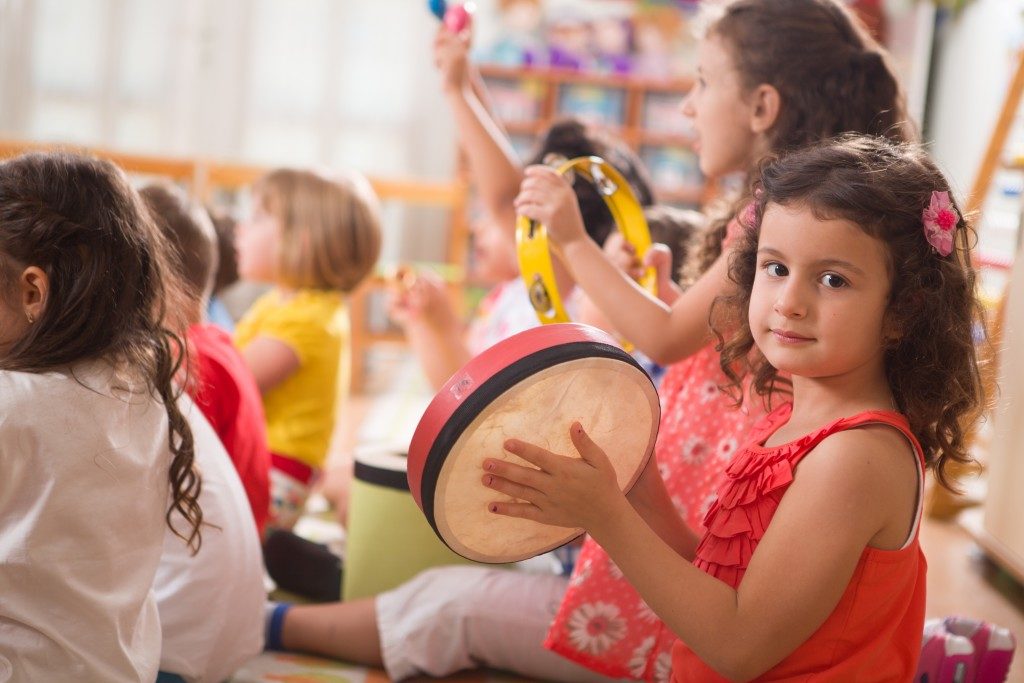Music is an integral part of our lives and culture. It can affect people in myriad ways, even while in the womb. Since people are surrounded by music even before they’re out in the world, it’s no surprise, then, that music can influence human development, especially during childhood. Whether they’re taking piano lessons in Lehi or singing along to nursery rhymes in New York, children unconsciously learn through songs and melodies.
When you expose your children to music, you help them advance particular skills and enhance their development in the following ways:
Develop Motor Control and Movement
Babies and children often react to music by swaying, bouncing, or moving to the melody. This helps children learn about rhythm. When children dance along to their favorite songs, they develop their coordination, balance, motor skills, and body awareness. Making music, either by tapping or clapping or playing with toy drums, can also help with this.
Expand Communication and Language Skills
Babies like to babble and mimic the sounds that they hear, which helps develop the neural pathways necessary for speaking and listening. Infants who have caregivers and parents talking and singing to them tend to babble more and have larger vocabularies as toddlers. Music activates children’s literacy and language learning. This includes receptive language, spoken language, dual language learning, and phonetic awareness.
Hone Math Skills
Music offers opportunities for children to learn mathematical concepts such as counting, patterns, and fractions, which are important for mathematical achievement. Both math and music activate the part of the brain that’s used for solving spatial-temporal problems. Performing music, which is all about time signatures and formulaic progressions, reinforces the areas of the brain used when doing math.
Learn Social Skills

Music is a social experience. When children dance, sing, or play instruments, especially in a group, they learn to express themselves, share and take turns, develop cultural awareness, gain self-esteem, and build confidence.
Build Intimacy
To put it simply: music makes people bond with each other. Relationships with close relatives and friends have a significant impact on children’s development and music can enhance and support these intimate bonds. When caregivers or parents sing nursery rhymes or lullabies, children feel a sense of security.
Create a Sense of Belonging
Music fosters community and creates a sense of belonging. Young children absorb the languages and accents of their caregivers and parents at home. They learn from the adults’ songs and stories and soak up cultural beliefs and values.
Teach Patience
Patience is a hard lesson to learn. Mastering a musical instrument can teach children about the values of patience and commitment.
Music can help your child blossom. Just like language, music is an expressive, inventive, and powerful way for you and your child to relate to each other. In the long run, when you raise your child in a home full of music, it will have a positive impact on their movement, motor skills, rhythm, social, and listening skills.
But those aren’t all of its benefits; in the short-term, music can calm down a child, entertain them, and simply make them happy! The joy that it brings is reason enough to introduce your children to music at a young age.
